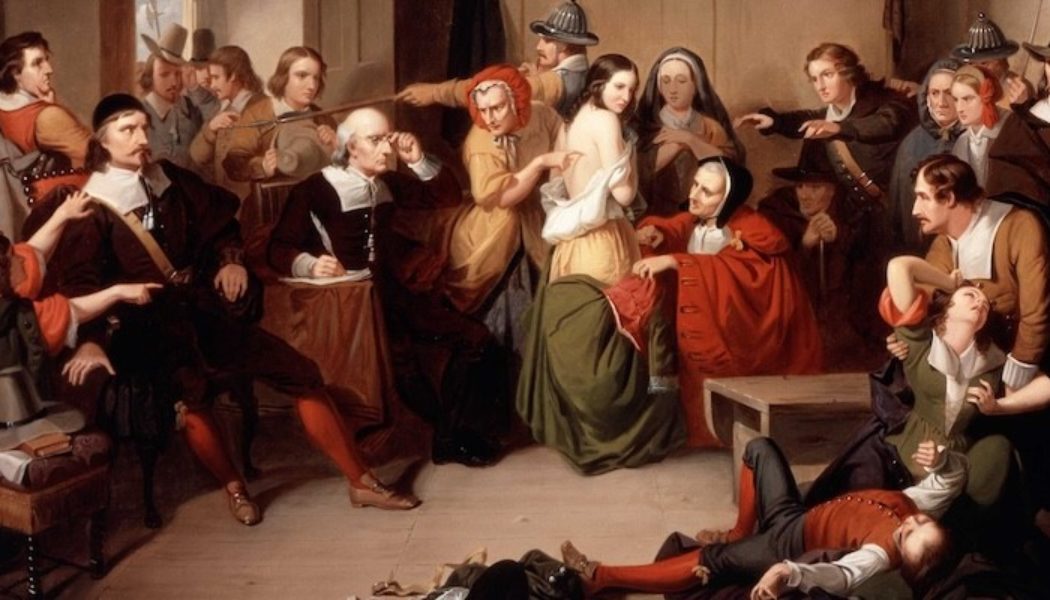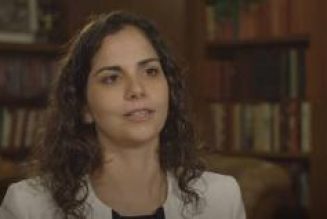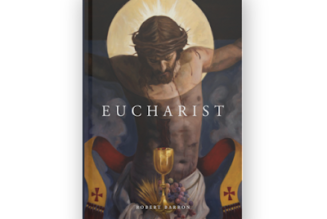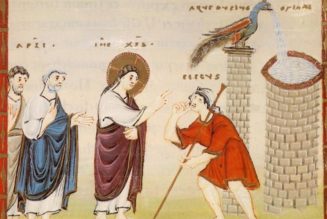
I spent the evening after November 5 on YouTube. The site was full of time-compressed videos that tracked news media icons and Hollywood celebrities as election night wore on. The clips were mesmerizing. It was like watching a Carnival Cruise ship gradually sink. Passengers went from champagne to life jackets in just six hours. Jimmy Kimmel, Rachel Maddow, the always unpleasant Joy Reid, and so many others found themselves trapped in a Greek tragedy, with the bill for their jumbo helping of hubris suddenly due.
How did it happen? The reasons, as the emotionally battered luminaries said, were legion: misogyny, racism, and transphobia from America’s uneducated, sex-reactionary masses. And the pain was made even worse by bitter treason on the part of Latinos, blacks, and women. Over at Fox News, the analysis was rather different: An elitist Democratic party had vastly misread the real needs of the public. And Trump Ascendant had well and truly crushed the woke left.
Others have danced on the grave of this year’s Democratic party fiasco. The gloating will be brief; 2026 is right around the corner. And it’s not my purpose here. My concern is religious. Those of us with normal lives to pursue, mouths to feed, and bills to pay might earnestly wish woke ideology to be dead and buried. But like Nosferatu or a bad case of shingles, it will keep coming back, because—in its essence—it isn’t a purely “political” creature at all.
Six decades ago, the political theorist Michael Walzer, himself a man of the left, described the Puritan zealotry of the sixteenth and seventeenth centuries “as the earliest form,” and effectively the primary model, “of [today’s] political radicalism.” In The Revolution of the Saints, he argued that
[The Puritan] saint [was] the first of those self-disciplined agents of social and political reconstruction who have appeared so frequently in modern history. He is the destroyer of an old order for which there is no need to be nostalgic. He is the builder of a repressive system which may well have to be endured before it can be escaped or transcended. He is, above all, an extraordinarily bold, inventive, and ruthless politician, as a man should be who has “great works” to perform, as a man perhaps must be, for “great works have great enemies.”
Elsewhere in the same text he noted that
As in politics as in religion, the saints were oppositional men and their primary task was the destruction of traditional order. But they were committed after that to the literal reformation of human society, to the creation of a Holy Commonwealth in which conscientious activity would be encouraged and even required. The saints saw themselves as divine instruments and theirs was the politics of wreckers, architects, and builders—hard at work upon the political world. They refused to recognize any inherent or natural resistance to their labors. They treated every obstacle as another example of the devil’s resourcefulness and they summoned all their energy, imagination, and craft to overcome it.
For anyone who’s been alert over the past decade, some of the above should sound familiar. Woke thought is classically “religious” in the original sense of the Latin word religare, which means “to bind.” It’s expansionary and immune to counterargument. In a weird mutation of Augustine’s “I believe that I might understand,” woke reasoning and programming bind themselves to a preceding set of beliefs that explain the world and amount to a kind of degraded Christianity. It’s a faith without the irritating baggage of a personal God who judges our actions and demands love, mercy, and patience from his followers, not merely justice.
As a Colombia-born friend often reminds me, most of today’s American left has no experience of real poverty or hunger, real political repression, or real civil violence—the kind that leaves a river of blood in the streets. We Americans live in a cocoon of comfort and security compared to most of the rest of the world. MSNBC’s Rachel Maddow earns $30 million a year for her progressive views. In effect, American radicalism on the left, especially in our cultural elite, is a performative faith, a kind of ongoing, immanent religious liturgy. It’s bad First World theater produced by the pampered, the privileged, the intellectually extreme, and hangers-on unaware of the uglier ironies of recent history. Yet none of these flaws makes woke ideology and its faithful any less dangerous. Ideas have consequences. And bad ideas can be intensely resilient. Check the body count of the last century.
So here’s the point: The return of Donald Trump may pump the brakes on some of the nastier momentum in our culture, but changing its basic direction is a much bigger, and arguably less likely, task. In other words, woke or one of its ideological variants will recover and be back. So how do we turn the culture around?
Well, maybe we can’t. Maybe that’s the wrong question. Problems we behaved ourselves into have no silver-bullet cure; no easy escape hatch. But we can at least change our thinking and our actions. Over the past year, I’ve read and reread the Epistle of James a dozen times, especially verse 1:22: “Be doers of the Word and not hearers only, deceiving yourselves.” In my seventies, I realize I’ve skimmed over those words much of my life with a pious nod. And I know I’m not alone. I think too many of us who are Catholic have lied to ourselves too often over the last half-century about the kind of country we’re becoming; about our laziness in going along with it; about our cowardice in not resisting it more effectively.
We can’t go back to change that. But we can bind ourselves to the religion of truth and life. We can start to be the kind of leaven in our culture that the Word of God calls us to be. We can support each other as friends, to save the good that can be saved, and to build something new and better over time. We can do the right thing despite the cost.
It’s a generational task. But we can start today. And it’s the only kind of revolution that might really, one day, change the world.
Francis X. Maier, a senior fellow in Catholic Studies at the Ethics and Public Policy Center, is the author of True Confessions: Voices of Faith from a Life in the Church (Ignatius).
First Things depends on its subscribers and supporters. Join the conversation and make a contribution today.
Click here to make a donation.
Click here to subscribe to First Things.
Image in the public domain.








